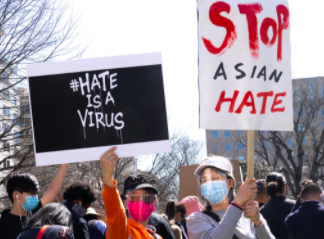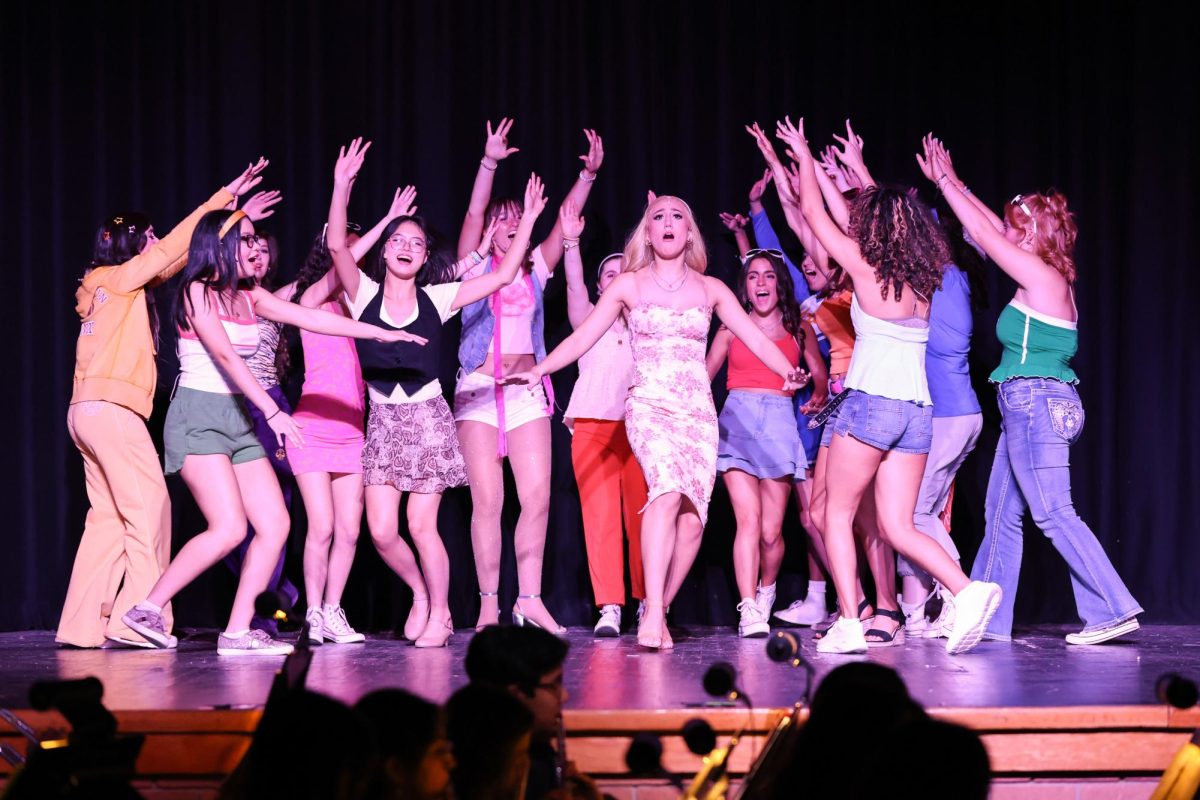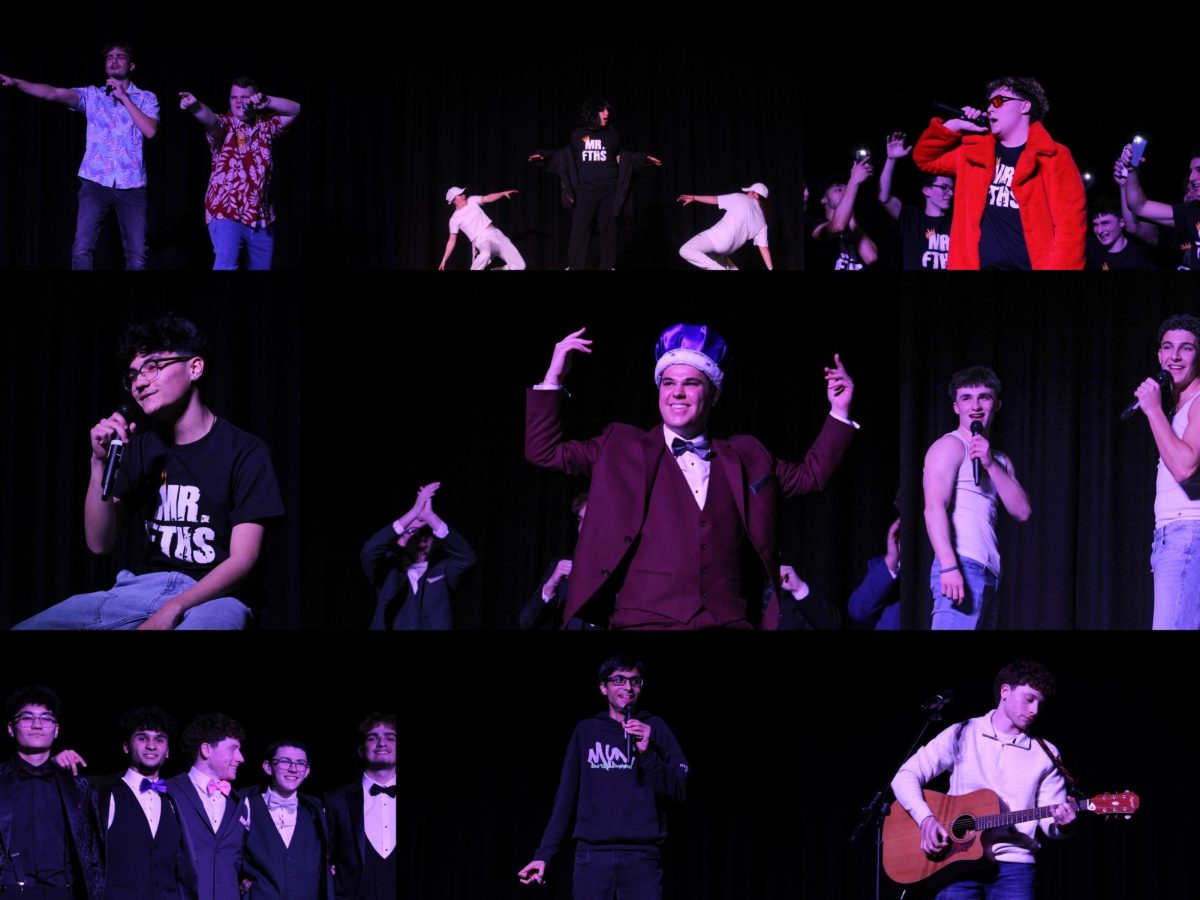AAPI Hate Crimes Amidst A Pandemic

May 24, 2021
At the end of March in Atlanta, Georgia, a shooter shot and killed eight people, with six out of the eight being Asian-American. As a bone-chilling domestic terrorist event, eight lives were taken abruptly. Although a motive hasn’t been cleared, you can only assume what intentions are present, especially during an era of a national pandemic that brought upon a surge of anti-Asian rhetoric. As per the reporting site StopAAPIHate.org, there have been 2,583 reports of hate-crimes towards Asian-Americans since March of 2020. Not even taking into account non-reported crimes, this increase is significant, but not surprising. If you are surprised that this happened, you are not listening.
Let me be clear: no one’s life should be taken because of a bad day. This “bad day” equates to eight families losing their loved ones, changing their entire lives. Minimizing terrorism to a singular emotion downplays the blatant racism at hand. One “bad day” leads to the eighteen million Asian-Americans in this country fearing to go outside in a land that is proclaimed to be one of equity and freedom for all of its citizens. Coming from a Filipino family, we are taught to revere our elders. Our Lolas, Lolos, grandmas, grandpas, and however we chose to call our elders are some of the most respected members of our communities, yet are now the most targeted demographic. It’s not uncommon to now see Asian elders walk the streets covered with a face mask, sunglasses, a big hat, and coat to hide their identity. What if that was my friend’s Nainai and Yeye? What if that was my Lola or Lolo caught at the wrong time?
The issue at hand is not broken feelings, but systemic racism that has existed in this country for as long as it has been established. When it comes to how we confront anti-Asian racism, many suggest that we, as a society, celebrate Asian excellence. Indulging in Asian delicacy, watching Asian art, supporting small businesses, and more are proposed “solutions”. Talking about Asian excellence is a start, but isn’t the end of activism. It’s comfortable to talk about the positive, but if it’s done so to not confront the negative, it’s unproductive. Hate crimes that are committed today are rooted from American imperialism in Asia, the model minority myth, the depiction of Asians in western media, and so much more. Temporary fixes cause more issues because the longer systemic problems aren’t dealt with, the more they evolve, and the normalization due to frequency leads to desensitization.
More and more people are being added to the list, like the Atlanta spa shooting victims. Soon Chung Park. Hyun Jung Grant. Suncha Kim. Yong Yue. Delaina Ashley Yaun. Paul Andre Michels. Xiaojie Tan. Daoyou Feng. As the numbers grow, what are our elected officials doing in combat?
The fight for Asian lives has bled into reform in national legislature with an Anti-Asian bill being spearheaded by U.S. Senator Mazie Hirono (D-HI) and Representative Grace Meng (D-NY). In hopes of bipartisan support, it targets local legislators to support Asian hate crimes and to aid the Justice Department in swift action against hate crimes (CNBC).
Being a teenager, I often feels helpless when it comes to social issues like anti-Asian hate. Emotionally, it’s draining to have to look at the headlines each morning and see another Asian life taken at the hands of bigotry. At an individualistic standpoint, I urge you to examine your own bias. Educate yourself. Donate to organizations that support small businesses and the victims of these crimes. Contact your senator or representative to see what strides they are making for your local Asian population. Do it because of basic empathy. Do it for your Asian-American friends and family. Do it for those who couldn’t defend themselves. The process of unlearning and growth takes time, but these actions are the first step of healing and accountability.





















































